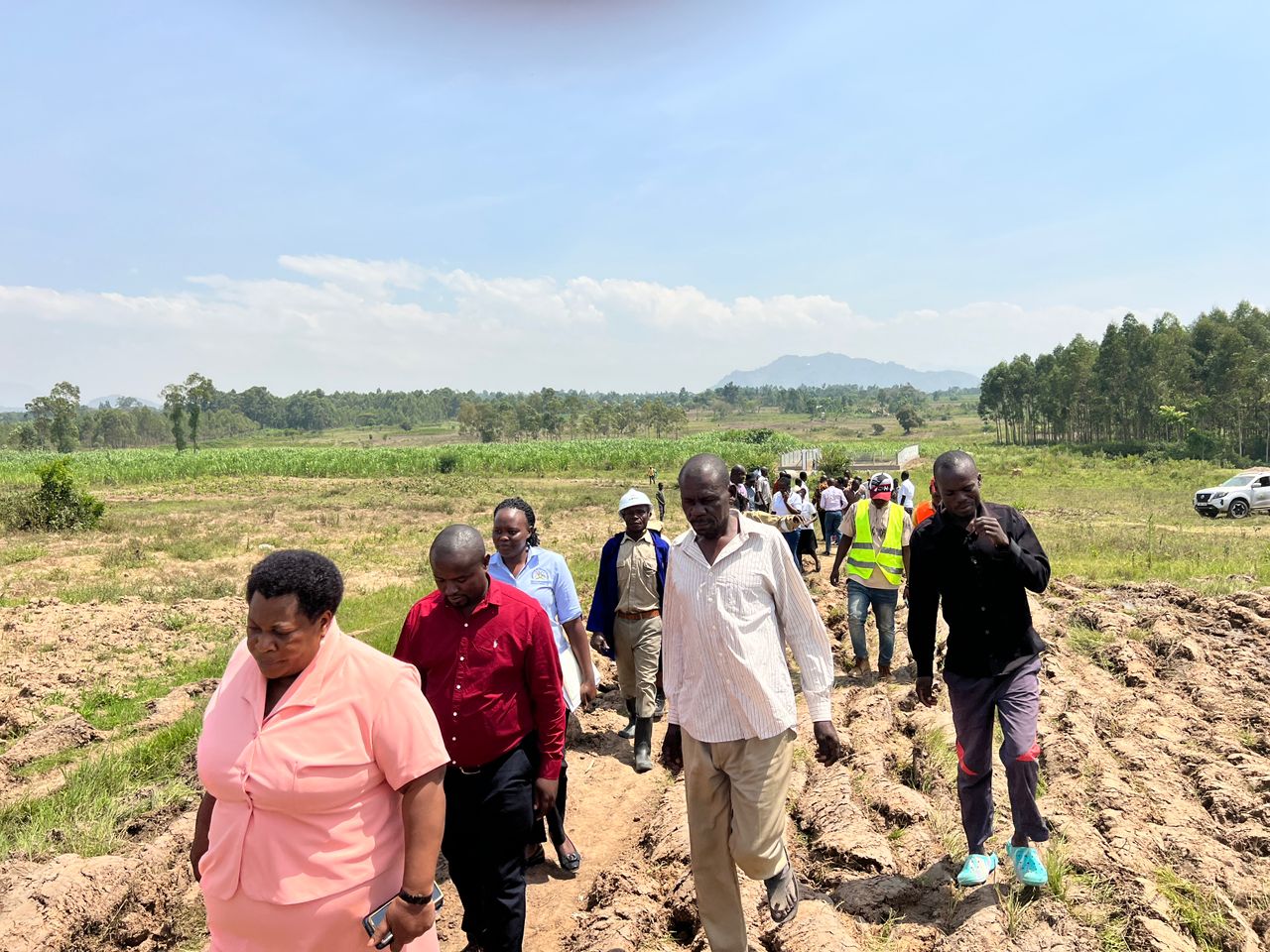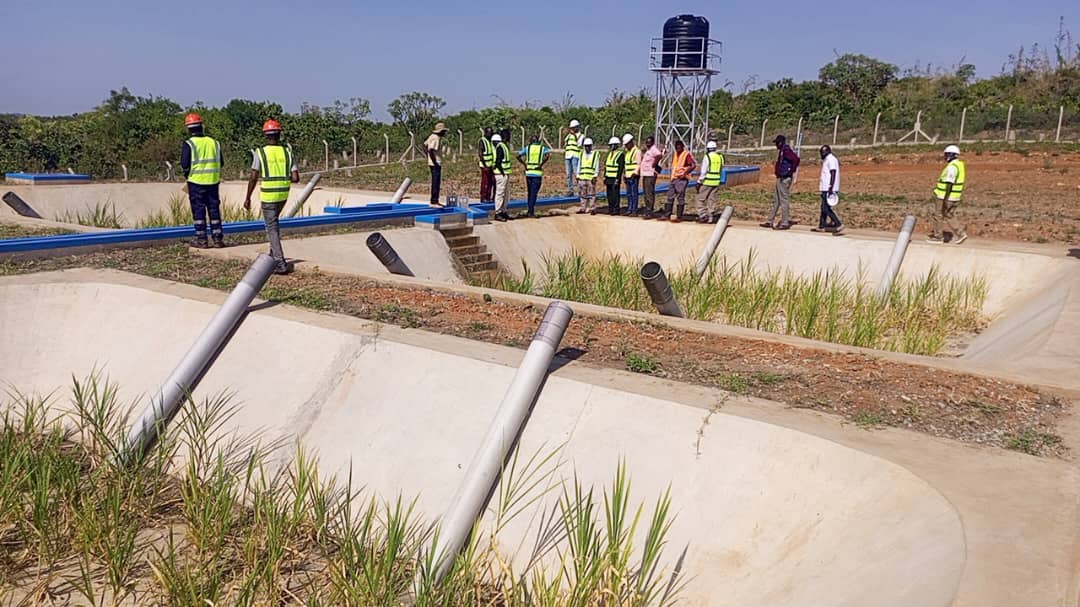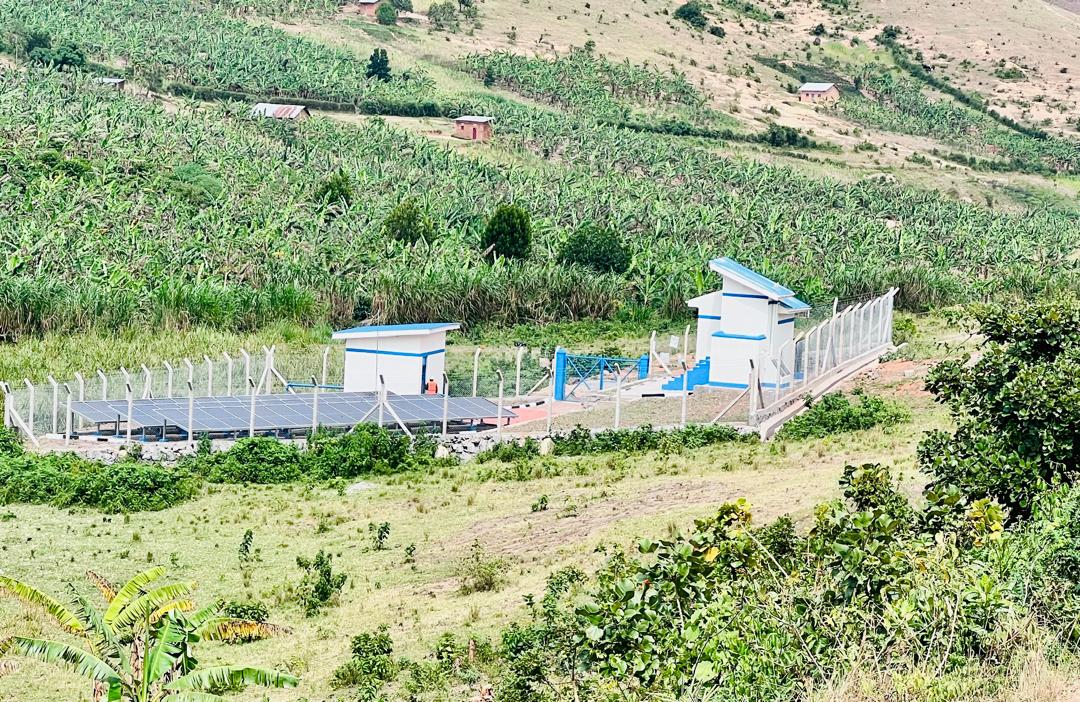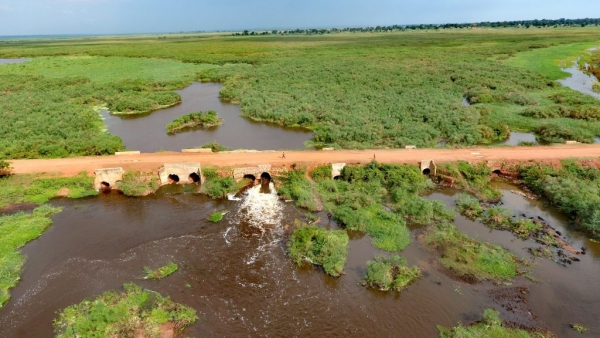
Mpologoma Wetland is now offering hope to Mazuba’s households in the Namutumba district.
If the Mpoloma wetland system dried up today, Ms Salama Kyaala, 38, her husband Mr
Joseph Musana plus their 13 children would probably live a life of chronic deficit or
worse still, lose their existence. For over a decade now, the Mpologoma wetland has
been a lifeline for many adjacent community members providing them with various
services including the provision of raw materials.
“I have been in the business of making crafts for close to a decade now. My husband
and I, our children alike, derive a livelihood from the Mpologoma wetland. We make
baskets for packing fruits and tomatoes. Business people from Kampala are our major
market because they use them for carrying fruits like mangoes, oranges and tomatoes,”
Ms Kyaala, a resident of Mazuba Sub-County, Namutumba district, said.
An intact Mpologoma wetland, therefore, means an intact household income for the
Kyaala. The reverse is unequivocally true. Each basket, Kyaala says goes for between
shs 5,000 to shs 10,000 depending on the size. In a good month, the house can earn up
to shs 300,000 from the sale of the baskets. With this, the household can be sure of
meeting the basic needs, including the education of children.
Ms Kyaala recalls the ‘turbulent’ times when the Mpologoma wetland had failed to offer
its functional services (as a result of human actions like rice growing). At that time,
Kyaala notes, the wetland had lost its vegetation, including papyrus reeds─ the main
raw material used for crafting baskets.
“I will never forget the days when community members degraded the Mpologoma
wetland. Our business almost collapsed because of a lack of raw materials. Fortunately,
the government came in and restored it,” she said. “I wouldn’t love anything like that to
repeat,” Kyaala adds.
Government under the Building Resilient Communities, wetland Ecosystems and
Associated Catchments in Uganda Project restored Mpologoma wetland four years ago
after successfully persuading communities adjacent to the wetland to voluntarily vacate
in return for alternative livelihoods.
Previously, the community members had cultivated rice as far as 50 meters into the
wetland. The situation has, however, changed. Thanks to the GCF wetland restoration
project,” Mr Dauda Ikaaba, Namutumba’s District Natural Resources Officer, observes.
The wetland has since regenerated, and it is fully functional. The previously lost
biodiversity is steadily returning. The same can be said of the vegetation. The Kyaala’s
can now be sure of their continuity. Together with other community members, they are
now planning to form a group with which they can be able to develop more skills as they
seek to diversify their products.
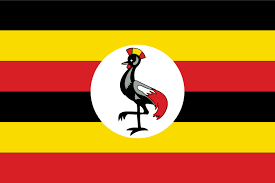 Official Website of the Ministry of Water and Environment
Official Website of the Ministry of Water and Environment

